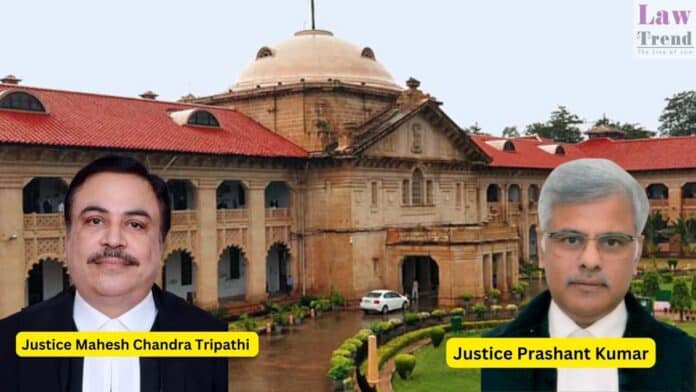The Allahabad High Court, in its judgment delivered on April 10, 2025, in CRIMINAL MISC. WRIT PETITION No. 2611 of 2020: Usman Ali vs. State of U.P. and 12 others, laid down guiding principles on when criminal investigations can be transferred from the State police to central agencies such as the Central Bureau of Investigation
To Read More Please Subscribe to VIP Membership for Unlimited Access to All the Articles, Download Available Copies of Judgments/Order, Acess to Central/State Bare Acts, Advertisement Free Content, Access to More than 4000 Legal Drafts( Readymade Editable Formats of Suits, Petitions, Writs, Legal Notices, Divorce Petitions, 138 Notices, Bail Applications etc.) in Hindi and English.




